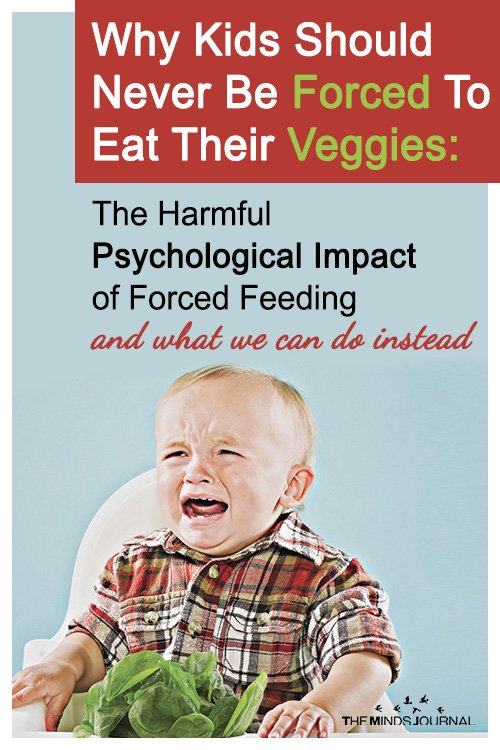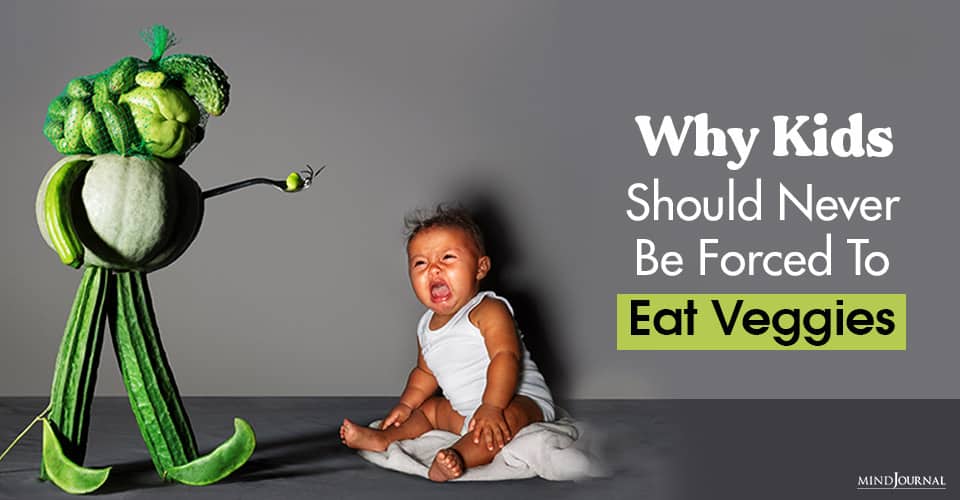Do you force your kids to eat veggies?
“Eat your greens and practice, practice, practice”, has become quite the adage among film stars, rock stars, and celebs, because let’s face it, it has a certain ring to it. It makes the person feel small because well, had you listened to your parents and not been a brat, maybe you would be on the red carpet right now, instead of being on your couch.
Vegetables are one of the largest sectors of consumption in the human world. We eat vegetables in different forms as salads and as accompaniments.
Children, stereotypically do not like vegetables, especially bitter ones like broccoli, because they taste bad and have uninteresting forms when cooked. You cannot mash into shapes nor can you make it less bitter can you? No, you can’t.
But why do they do this?
Vegetables are rich sources of a lot of nutrients. The answer lies in your cup of Joe. This is a substance called caffeine. Caffeine causes a bitter response on the tongue and despite its revitalizing effect on the body, it is addictive. And more importantly, early man had no way of distinguishing caffeine from other poisonous plant substances; except by its deeply bitter taste.
This response has been ingrained deep into our DNA in that we respond negatively to anything that is bitter on the tongue.
Children, when it comes to life, are still like interns learning the ropes. They are very primal in their responses to things like food. They make sure to respond negatively to anything that does not seem sweet or salty, because those are safe foods, even in the wild.
Read 10 Types of Physical Pain Indicating Emotional Problems
Russell Keast, professor of sensory and food science, and the director of the Centre for Advanced Sensory Science at Deakin University carried out a detailed study on this phenomenon. He says even harmless plants emulate the bitter taste of toxic ones to make sure they aren’t eaten by predators too.
“If you go outside and pick up a leaf, put it in your mouth and chew it, it’s invariably going to be bitter. That’s because we’ve got a system which says it may be dangerous,”
“The system is incredibly robust in that it identifies tens of thousands of compounds, and all it is suggesting is the bitter product may contain something that causes harm,” referring to the aversion that children have towards bitter foods.
Our species’ survival critically depended on being able to pick out bad foods from good, and what better way, or the rather simpler way to do it, than to taste it and see if it was bitter. Children are much more akin to responding, thanks to this primal manner because they have not been ingrained with societal and scientific knowledge yet.
So it doesn’t really matter if you make your kids, or worse force them, to eat their green veggies, particularly bitter ones like Brussels sprouts and broccoli.
Repeated exposure more or less makes things worse than the opposite.
Read 8 Warning Signs Of A Toxic Grandparent
Adults learn to adjust because they have the necessary knowledge and life experience needed to know that such foods have some or the other advantageous quality for our body and that makes them desirable in some little quantity.
Children are not trained to do that, that early.
Keast is not exactly a strong proponent of force-feeding your child but does accept the fact that vegetables provide certain nutrients that so-called tasty foods just cannot provide.
The fact doesn’t change. Force-feeding your child will work in adverse ways only because he or she will end up associating those memories with the food. And later in life, by the time they can do better, thanks to the association, they just won’t.
The psychological impact of forcing your kids to eat veggies
It’s not at all good to force-feed your child. These are some of the things the child understands when you make them eat their greens, even at the cost of reprimand or scolding.
1. That despite it being their body, the choice does not lie with them when it comes to putting food into them. This might just give them body image issues later in life. And they will hate you for it.
2. They must choke on and gag and swallow their greens. They will hate them and other things good for them because the process of ingesting is just associated with things too painful.
3. That health means veggies exclusively. That it is not about the proper fuel for the proper situation, and that being miserable is a price you pay for health. The next logical adult step from this is nothing but anorexia nervosa because of concepts of health change for kids over time.
4. Eat even though you don’t want to because you might be denied what you like later, if you don’t. This hoarding habit does not die easy, trust me. They will end up becoming misers saving and saving for some imaginary unforeseen circumstance, something which will never come.
5. That eating was not a joyful and fulfilling experience. It was one where there was conflict involved. Especially, with people they love.
Children are highly impressionable and imaginative. They will make oceans and seas out of your littlest gestures. Try to be kind to them in these formative years, because every smile, every slap and every hug goes a long way.
Read This School Replaced Detention with Meditation and Has Achieved Wonders
So what can we do to make them eat healthily
1. Make sure to cook meals that have everything in them, to help in overall nutrition.
2. Practice what you preach. If your kid sees you eat chips and chocolate all day, there is no way they will eat veggies, because to them, their mommies and daddies are always the best.
3. Practice the policy of Division of Responsibility from Ellyn Satter. This means you give your kid a choice to eat what he or she wants, with advice and not reprimand.
4. Make mealtimes pleasant; make memories by telling them stories of your childhood, concentrate on the conversation and etiquette because those are important social skills to learn too.
5. Encourage them and give them positive feedback when and if they do pick the veggies to eat sometimes. Kids try very hard to get the approval of their parents, and that includes eating things they don’t like sometimes. Make picking out veggies difficult, by mixing them up or mashing and combining, or mincing.
Try these strategies out and remember, your child is not a pet animal you can boss around. It is a human being with potential. Do not deny them the basic joy of good food.
The Minds Journal Articles Volume -1 is Copyright Protected vide Regd.# L-103222/2021











Leave a Reply